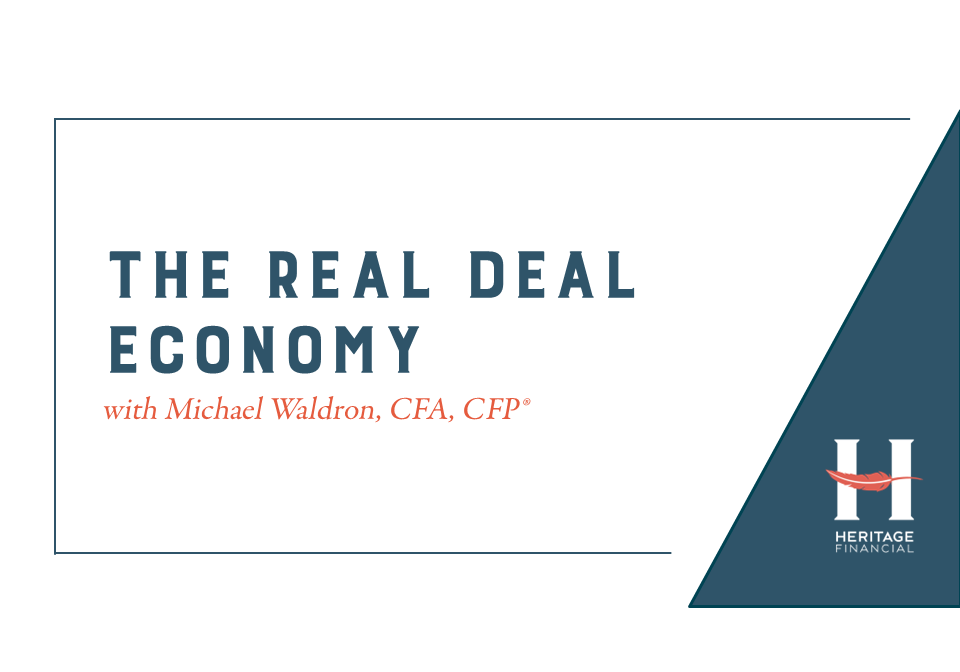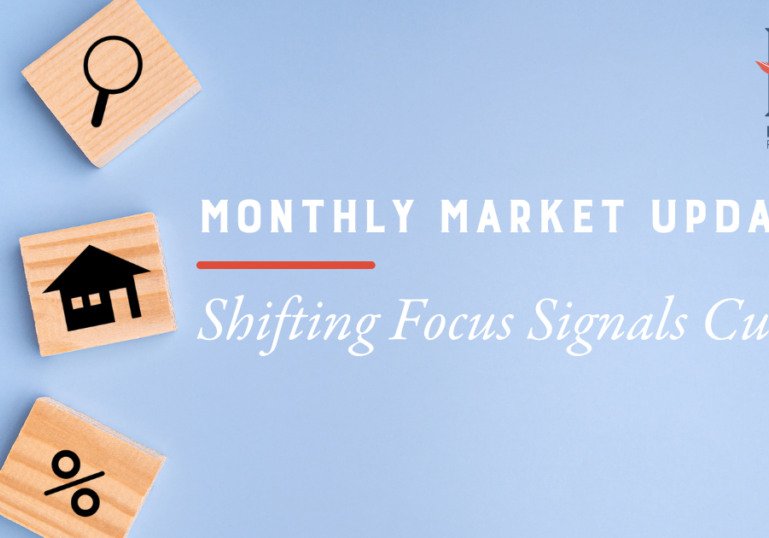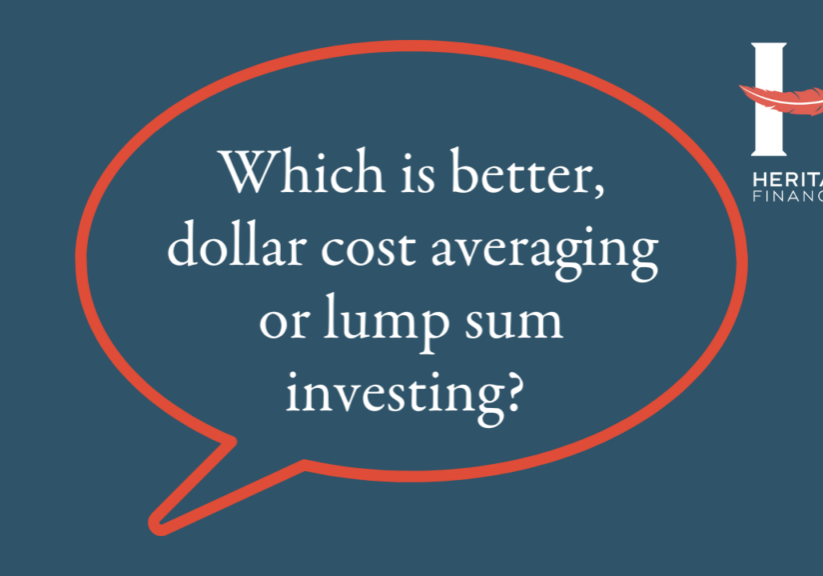
Economic growth didn’t exist until the modern age. The ingredients did, including credit, which dates back to Ancient Sumer. However, people didn’t lend and borrow until they believed in a brighter future. Credit is “founded on the assumption that our future resources are sure to be far more abundant than our present resources,” writes Harari.
And credit fuels growth by allowing financial institutions to lend out multiple dollars for every one that they hold.
Sapiens is a great book, and the chapter on capitalism helped crystallize an important financial lesson.
Optimists get rich.
Cynics get airtime.
Let’s face it. Contrarians sound smarter. Anyone well-informed enough to tell you why something won’t work has to be smart enough to know how things work and see problems the rest of us don’t.
“Pessimism is intellectually seductive in a way optimism only wishes it could be. Tell someone that everything will be great and they’re likely to either shrug you off or offer a skeptical eye. Tell someone they’re in danger and you have their undivided attention.”
The Seduction of Pessimism by Morgan Housel
Cynicism is a hard way to get rich
In Beyond the Basics: Maximizing, Allocating, and Protecting Your Capital I shared that historic returns for stocks have been about 10% and Treasury bonds about 4.6%.
With inflation averaging about 3.2%, the bond investor doesn’t earn much real return.
The stock market investor does.
To get those returns you need to invest. Warren Buffett defines “investing as forgoing consumption now in order to have the ability to consume more at a later date.” If you’re optimistic about future investment returns, you’re willing to deny yourself a material purchase now in order to have more money later.
It takes optimism to continuously invest and stay invested.
Optimism that things will work out helps you stick with a market during a decline.
It takes optimism to ignore warnings about hyper inflation, Fed induced sugar highs, and deficits and keep investing.
Optimists get rich by ignoring fears that the the wrong party is in power, or will get into power, or that the country is going in the wrong direction and instead see growth and prosperity continuing.
Someone pessimistic about the market’s direction probably won’t help you get rich (but might get on CNBC since telling you what’s wrong with the market is so much more seductive than advocating buy and hold).
Optimism Studies and Tools
A recent study supports this argument. The Financial Upside of Being an Optimist found that:
When it comes to money, optimists are more likely to make smart moves and reap the benefits. For example, 90% of optimists have put money aside for a major purchase, compared to 70% of pessimists. Nearly two thirds of optimists have started an emergency fund, while less than half of pessimists have. Optimists reported that they stressed about finances 145 fewer days each year as compared to pessimists. They also make more money and are more likely to be promoted.
Check out this post for great optimism building ideas.
Remember that the financial naysayers have continued to be wrong. They sound brilliant and they feed into our worst fears which is why people who get paid to attract eyeballs find and nurture them. But they’re likely just a distraction.
Cynics get the airtime, but optimists get rich.
[This post originally appeared on www.thebostonadvisor.com on November 22, 2021.]



